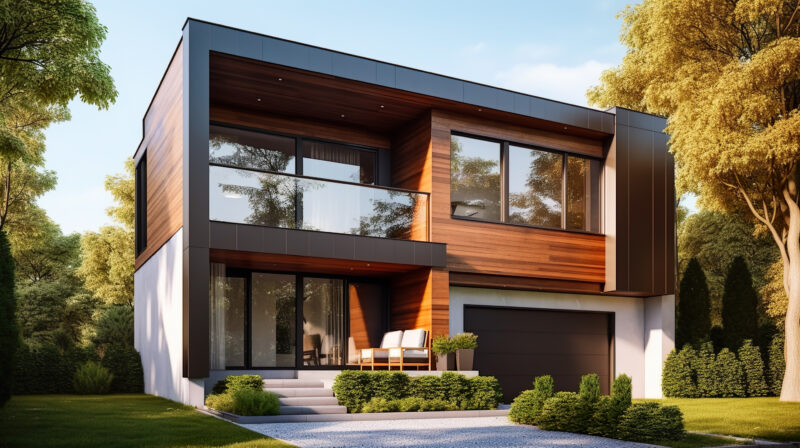When searching for the perfect home, most people focus on immediate needs like location, square footage, or the number of bedrooms. But have you ever considered how your home will grow with you as your life evolves? From career shifts to expanding families or even changes in lifestyle, the right home should be adaptable and capable of evolving with your needs. In this article, we’ll explore how to choose a home you won’t outgrow, the features that make a home more adaptable, and investment tips for purchasing a home that fits your lifestyle.
How to Choose a Home You Won’t Outgrow
Choosing a home isn’t just about meeting your current needs; it’s about planning for the future. Ideally, you want a property that can accommodate life changes without requiring a significant move. The key is to think ahead and consider potential changes that could come with time.
- Family Growth: Whether you’re planning on having children or maybe you’re anticipating aging parents moving in, a home with ample bedrooms and flexible spaces can help you adapt.
- Career Flexibility: A dedicated home office or quiet study space is more important than ever. As remote work becomes more common, having a space that can easily transition from a guest room to a work-from-home office ensures you’re prepared for anything.
- Lifestyle Shifts: Life isn’t static, so choosing a home with the potential for various uses or purposes will let you live in a space that adapts to your needs.
Features That Make a Home Adaptable Over Time
Some key features can make all the difference when choosing a home that can grow with you:
- Bonus Rooms: These spaces are ideal for flexibility. Bonus rooms can be anything from a guest room to a playroom or even a home gym. They’re the perfect canvas to transform as your needs change.
- Flex Spaces: Open-concept living spaces allow you to create rooms that work for your family. Whether you’re looking to designate areas for family time, work, or hobbies, flexibility is essential.
- Finished Basements or Attics: Many homeowners overlook the potential in a basement or attic, but these spaces can be perfect for conversion. They can become additional bedrooms, studios, or recreation rooms without the need for moving.
- Universal Design Elements: Look for homes with features that support long-term living, such as wider doorways, easy-to-navigate hallways, and bathrooms that can be easily adjusted for accessibility.
- Outdoor Space: If you plan to grow your family or need more privacy, outdoor space is a must. A larger backyard can accommodate both children’s play and quiet, personal relaxation and can easily be updated with landscaping or other features.
Investment Tips: Buying a Home That Appreciates Your Lifestyle
When purchasing a home, you’re not just buying a place to live—you’re also making an investment. Future-proofing your home means looking for features that will serve your needs and increase in value over time.
- Location: Choose a neighbourhood that aligns with your long-term goals. Look for areas with potential growth, such as proximity to planned developments, transportation hubs, or schools.
- Energy Efficiency: Homes with energy-efficient features, like solar panels, smart thermostats, and energy-efficient windows, can reduce long-term costs and appeal to future buyers who are environmentally conscious.
- Resale Value: While no one wants to think about selling their home, it’s essential to consider how easy it will be to sell when it comes. Homes with desirable features like updated kitchens, spacious layouts, or an attractive backyard will hold their value and continue to appreciate.
- Low Maintenance: Homes that require less upkeep, such as those with low-maintenance exteriors or high-quality finishes, will save you time and money in the long run, making them great investment choices.
Conclusion
Choosing a home that grows with you is about proactively anticipating life changes and making smart, adaptable choices. Whether it’s future family plans, career shifts, or simply a desire for a flexible living space, a home that offers bonus rooms, flex spaces, and adaptability can help you meet your goals. By investing in a house that appreciates your lifestyle, you ensure that you’ll have a place to grow, adapt, and thrive for years to come.




